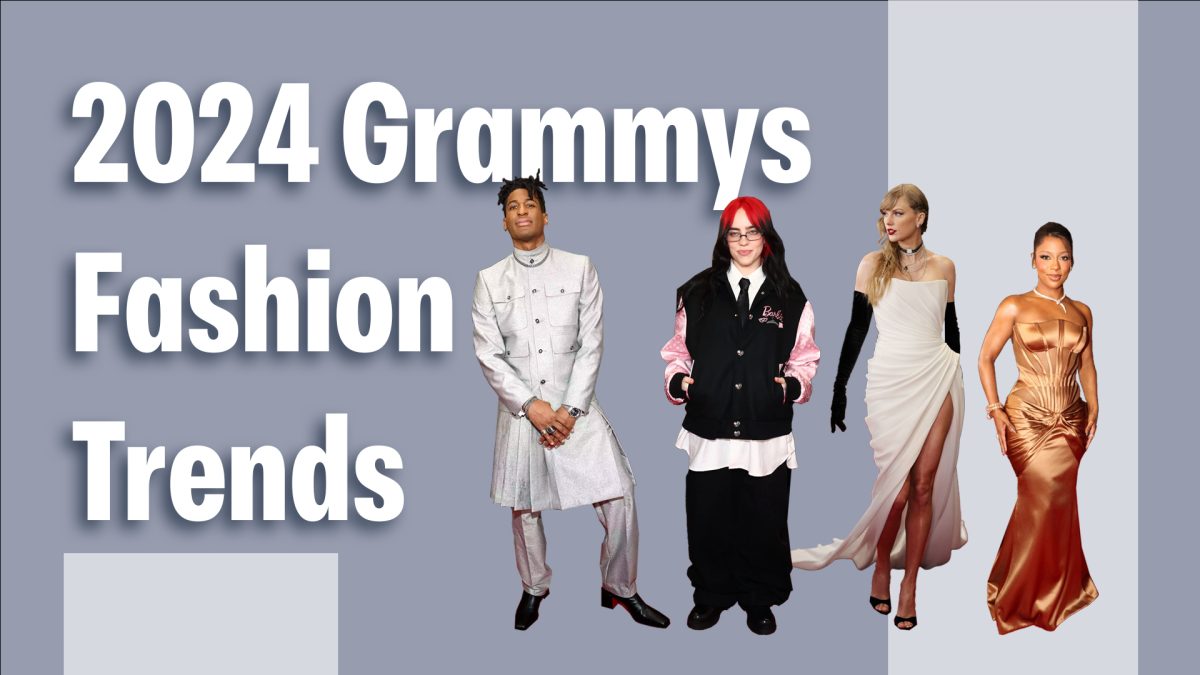It can be generally agreed that the term “sanctity of marriage” immediately indicates that someone is either the type of relative you should avoid at Thanksgiving, a political pundit perpetuating ridiculously extreme views, or—ideally—being satirical, in which case you can probably resume whatever you were doing before your ears perked up at the mention of the word “sanctity.”
Overall, it makes sense that there are several situations in which heterosexual couples get married and violate the actual “sanctity” of marriage—marriages that last only a few days or weeks; abusive marriages; and, in one case particularly, marriages between the orchestrator of the “Manson Murders” and a 26-year-old woman.
Individuals frequently make the argument that if these marriages are valid, then same-sex marriage should also be made legal. But this is a petty argument. Queer people deserve more than this. Of course it is ridiculous that heterosexual couples whose marriages dissolve within short periods of time due to adultery or a general lack of interest are somehow “sacred” marriages.
The problem, though, is attempting to equate same-sex marriage to “sanctity” in general. This creates a false equation between the long-standing patriarchal roots of marriage and assumes that all queer couples want to adhere to these ideals. It is important to grant marginalized identities the rights that cisgender, heterosexual couples have enjoyed for centuries, but utilizing the argument stated above is inelegant.
Pointing at a negative marriage and saying, “If this is okay, then gay marriage should definitely be okay” is equivalent to saying “This terrible thing happened, and it’s really bad, so we should let this good thing happen.” While it is tempting to equate the two, they are really not comparable.
Rights for people whose sexual and gender identities have been traditionally marginalized should not be diminished to “not as bad as [some other individual].”
The argument in favor of same-sex marriage should stand on its own, rather than in comparison to other instances of “negative” or “detrimental” marriages. Of course heterosexual marriages are detrimental; that is by definition what they are.
Same-sex marriages should be promoted regardless of how they “compare,” either positively or negatively, to heterosexual ones. It is counterproductive to discuss the benefits of queer relationships and marriage within a traditionally patriarchal, heterosexual frame of reference.
Break the habit of using bad heterosexual marriages to justify same-sex marriage. It is certainly possible that there are several dedicated same-sex relationships that would make excellent marriages, some of which arguably adhere more to traditional marriage “standards” in a way that many heterosexual marriages might not. But this is largely irrelevant.
Advocate for same-sex marriage outside the confines of the expectations and societal outcomes that result from heterosexual marriages.
























